News
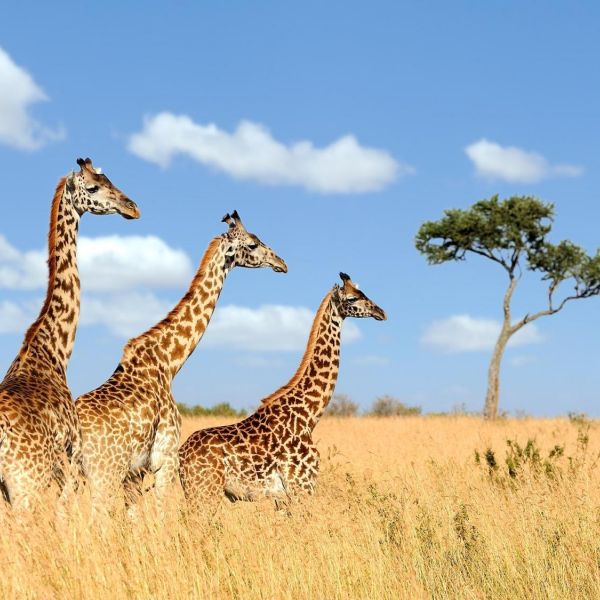
Jun 03, 2024
Food, not sex, drove the evolution of giraffes’ long neck, new study finds
Why do giraffes have such long necks? A study led by Penn State biologists explores how this trait might have evolved and lends new insight into this iconic question. The reigning hypothesis is that competition among males influenced neck length, but the research team found that female giraffes have proportionally longer necks than males — suggesting that high nutritional needs of females may have driven the evolution of this trait.
Full Article

May 30, 2024
Denise Okafor named Huck Early Career Chair in Biophysics
Denise Okafor, assistant professor of biochemistry and molecular biology in the Eberly College of Science at Penn State, has been awarded a Dorothy Foehr Huck and J. Lloyd Huck Early Career Chair in Biophysics.
Full Article
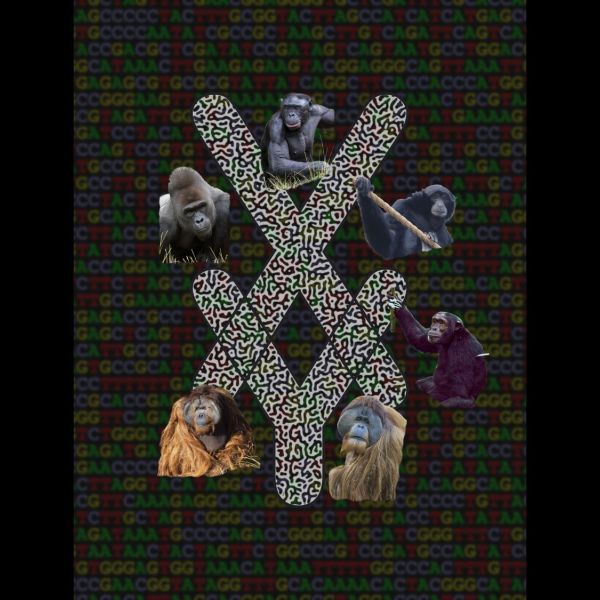
May 29, 2024
Complete X and Y chromosome sequences of living great ape species determined
Newly generated, complete “end-to-end” reference genomes for the sex chromosomes of five great ape species and one lesser ape species — produced by an international collaborative team led by researchers at Penn State, the National Human Genome Research Institute and the University of Washington — highlight extremely rapid changes on the male-specific Y chromosome among ape species.
Full Article
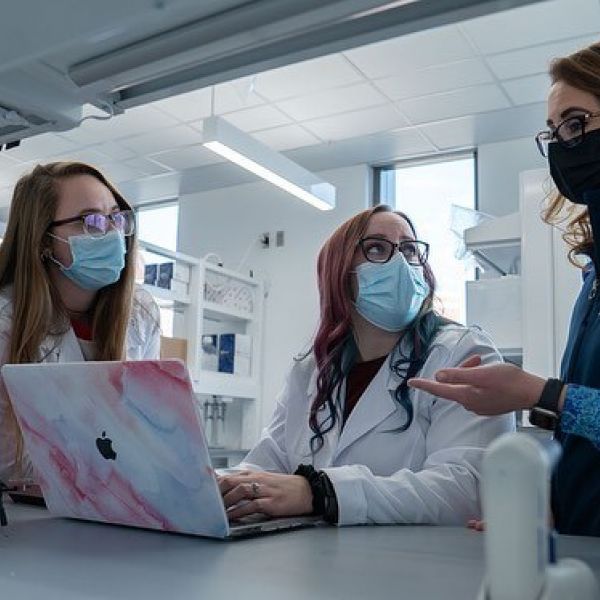
May 24, 2024
Type 2 diabetes treatment found to impact fungal community in human gut
Penn State researchers have published findings showing the effects of Type 2 diabetes and metformin, a common treatment for that condition, effect the human gut mycobiome.
Full Article
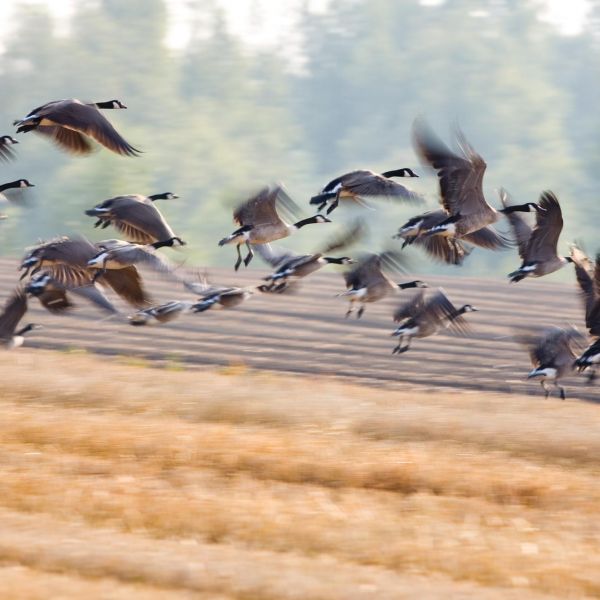
May 20, 2024
H5N1 virus from 2022 mink outbreak capable of inefficient airborne transmission
Highly pathogenic H5N1 avian influenza was detected in dairy cattle for the first time in the United States in March, with nine states reporting outbreaks by May. While the method of transmission among cattle is currently unknown, new research demonstrates that a related strain of H5N1, which caused an outbreak in farmed mink in 2022, could transmit through the air to a limited number of ferrets.
Full Article

May 14, 2024
Nikki Crowley named director of Neuroscience Institute at University Park
Nikki Crowley, assistant professor of biology and of biomedical engineering and Huck Early Career Chair in Neurobiology and Neural Engineering, has been named director of the Penn State Neuroscience Institute at University Park.
Full Article

May 08, 2024
Why is breaking down plant material for biofuels so slow?
Breaking down cellulose for biofuel is slow and inefficient but could avoid concerns around using a food source while taking advantage of abundant plant materials that might otherwise go to waste. New research led by Penn State investigators has revealed how several molecular roadblocks slow this process.
Full Article

Apr 23, 2024
Penn State biologist receives new investigator award for aging–biology research
Janine Kwapis, Paul Berg Early Career Professor in the Biological Sciences at Penn State, has been selected to receive a Hevolution/AFAR New Investigator Award in Aging Biology and Geroscience Research from the American Federation for Aging Research.
Full Article

Apr 25, 2024
Engineering professor named AIMBE fellow
Patrick Drew was inducted into the 2024 class of fellows for the American Institute for Medical and Biological Engineering (AIMBE). Drew also has affiliations with the departments of biomedical engineering, neurosurgery, and biology.
Full Article
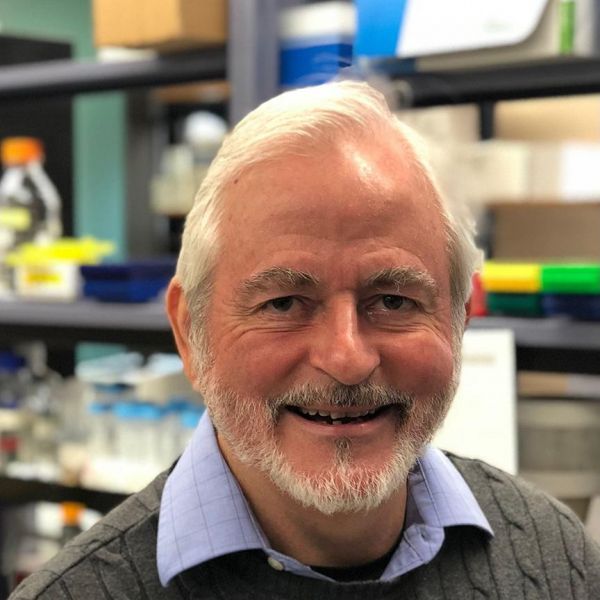
Apr 26, 2024
Penn State molecular biologist Ross Hardison named an AAAS Fellow
Ross Hardison, Academy Professor and professor emeritus of biochemistry and molecular biology, has been named a fellow of the American Association for the Advancement of Science (AAAS).
Full Article